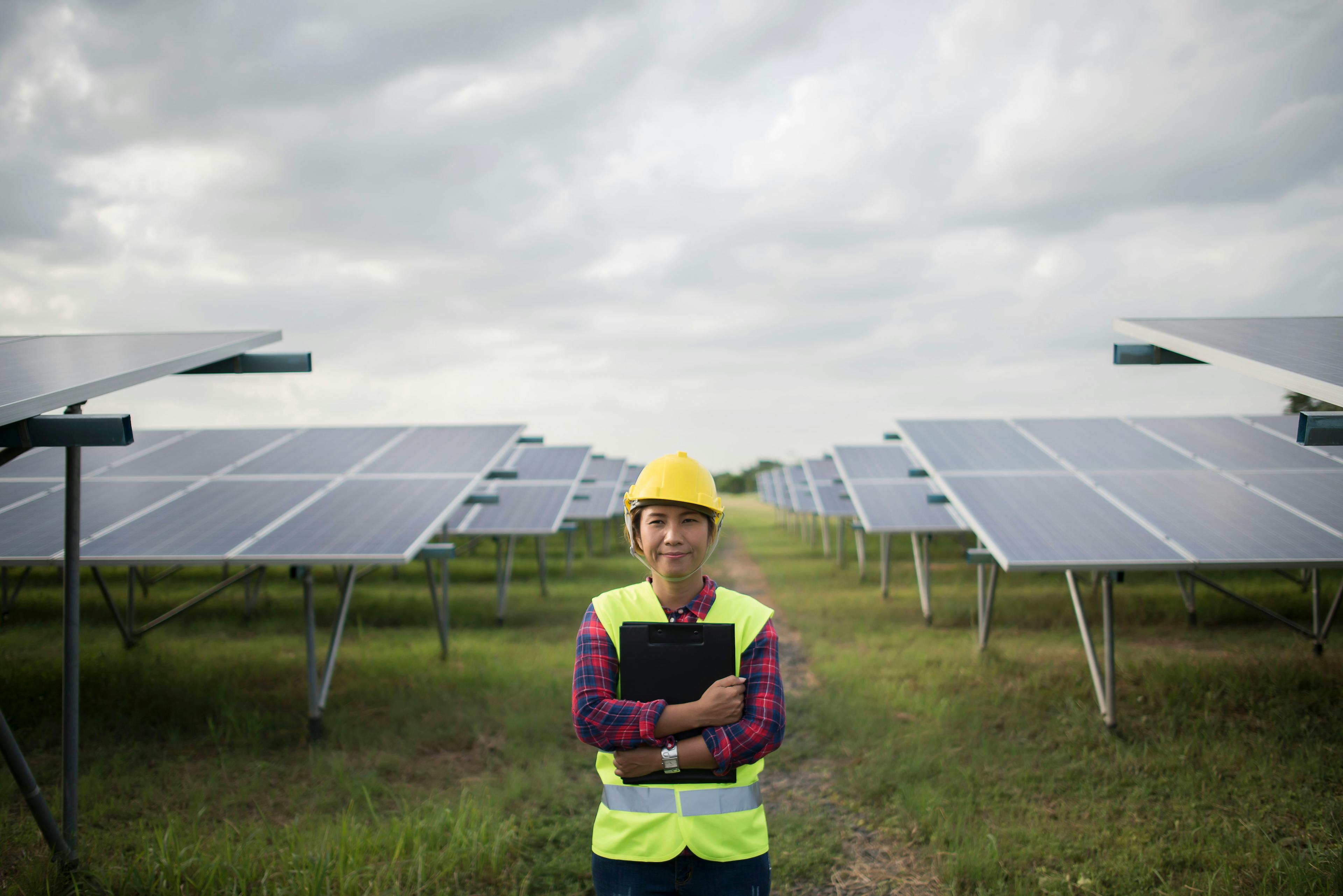N-Type vs. P-Type Solar Panels: Which is better N-type or P-type solar panels?

N-Type vs. P-Type Solar Panels: Choosing the Future of Solar Energy
Solar power continues to be a beacon of hope in the fight against climate change. Photovoltaic cells, the heart of solar energy systems, convert sunlight into clean, renewable electricity. But choosing between solar panel technologies can be a challenge.
This guide explores N-Type and P-Type solar panels, empowering you to make an informed decision for your sustainable energy needs. However, the solar panel landscape is rapidly evolving, with even more efficient technologies emerging.
N-Type vs. P-Type Solar Panels: A Shifting Landscape
N-Type Solar Panels:
- Utilize negatively charged dopants (like phosphorus) for superior efficiency and low-light performance.
- Offer enhanced durability, making them a great long-term investment.
P-Type Solar Panels:
- While still widely available, P-Type panels are being gradually phased out due to lower efficiency.
- They were previously the standard due to their affordability and reliable performance in consistent sunlight conditions.
Choosing the Right Solar Panel Technology for You
While P-Type panels served us well, the future of solar is N-Type and even more advanced technologies like Heterojunction with Intrinsic Thin Layer (HJTL) and Perovskite cells.
Here's what to consider when making your choice:
- Budget:
- N-Type panels currently have a higher upfront cost, but their efficiency gains can lead to greater energy production over time.
- Project Size:
- For larger installations, N-Type panels may be worthwhile for increased energy output. P-Type panels remain a cost-effective option for smaller projects.
- Installation Location:
- N-Type panels are more resilient in variable weather and shading. P-Type panels work well in consistent sunlight and milder climates.
The Future of Solar is Bright
The solar panel industry is constantly innovating. While N-Type panels are a significant advancement, even more efficient technologies are on the horizon. Consider consulting with a solar professional to discuss the latest options and determine the best fit for your specific needs and budget.
By understanding the evolving landscape of solar panel technologies, you can make an informed decision that empowers your sustainable future.
Deciding Your Solar Future: N-Type or P-Type Panel
N-Type solar panels reign supreme in efficiency and durability, making them ideal for long-term performance in challenging environments. However, P-Type panels remain a budget-friendly option for smaller projects with consistent sunlight. The solar landscape is rapidly evolving, with even more efficient technologies like HJTL and Perovskite cells on the horizon.
Embrace the future! Consult a solar professional to explore cutting-edge options that fit your needs and budget. Visit our homepage to explore solar panel solutions and unlock sustainable energy independence. For any questions about solar system components, feel free to contact AQ Energy via WhatsApp.
Frequently Asked Questions (FAQs)
A. Will solar panels ever reach 50% efficiency?
Achieving 50% efficiency for traditional silicon-based solar panels is challenging, but advancements in technology may make it possible in the future.
B. Will solar panels last 30 years?
Solar panels are typically designed to last 25 to 30 years or more, with proper maintenance and care ensuring their longevity.
C. What is the lifespan of n-type solar panels?
N-type solar panels are expected to have a lifespan of up to 30 years, which is longer than the lifespan of traditional solar panels.
